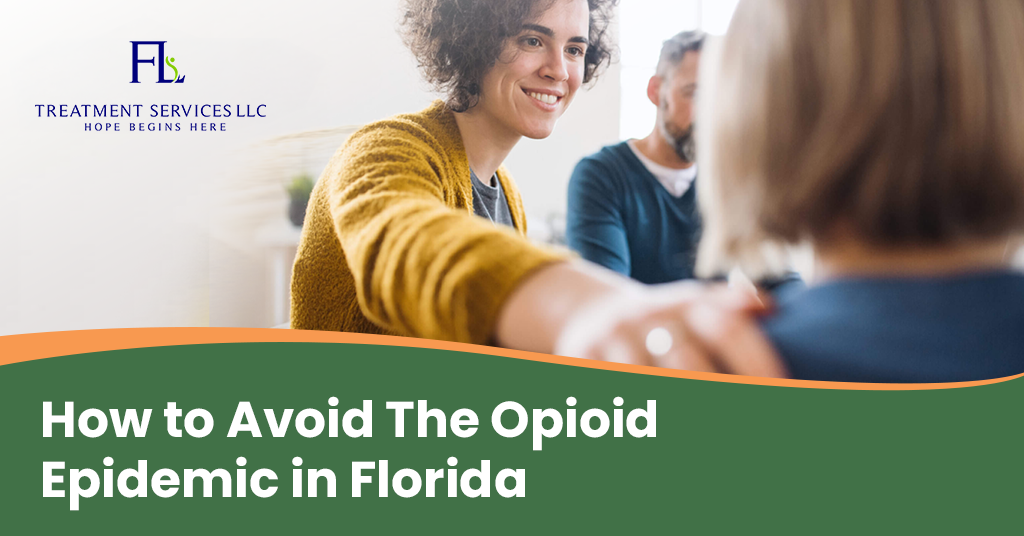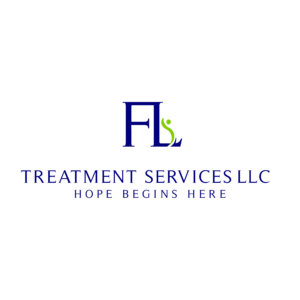The opioid epidemic has been classified as a public health emergency by the Governor of Florida recently. This is due to the exponential rise in the number of deaths resulting from opioid misuse. Opioid abuse has taken a significant toll on the entire country, but the state that has been most affected is Florida. This epidemic has caused substantial financial and emotional damage to families and communities across the state. This is why the importance of an opioid addiction treatment center in Florida has never been higher.
What is The Opioid Epidemic?
The WHO (World Health Organization) defines epidemics as “a sudden increase in the number of cases of a disease – more than what’s typically expected for the population in that area.” An epidemic is a final stage before a health crisis gets promoted to become a pandemic.
The opioid epidemic is said to have started back in the 1990s and has escalated in three waves.
-
The First Wave
The first wave of the opioid epidemic began as a result of over-scrubbing, misuse, and abuse of prescription opioid pills. The region surrounding Tampa Bay was where pill mills were rampant in Florida and the entire US eastern seaboard.
-
The Second Wave
The second wave came around in the early 2000s as a result of a significant reduction in the availability of prescription drugs, thanks to a multi-sector effort. However, this led to a substantial rise in the abuse and consumption of heroin, which had been a long-abused opiate.
-
The Third Wave
The third wave of the opioid epidemic in Florida began around 2013, with the advent of synthetic opioids that quickly took the place of heroin. It made opioids easily accessible again and led to the current wave Florida is experiencing.
The number of fatal opioid overdoses in Florida is still more than 4 (four) times what it was back in the late 90s.
What are Opioids?
Opioids are a class of drugs that are meant to provide pain relief. The most common, naturally occurring opioid is heroin. Several pain-relieving prescription opioids can also be obtained, like OxyContin, morphine, or Vicodin. However, the most problematic of the bunch are synthetic opioids like Fentanyl and Carfentanil, which are widely distributed illegally. These synthetic opioids are more potent and are generally laced with other drugs like marihuana and cocaine to make them more addictive. They are also fatal in significantly smaller quantities.
The Opioid Epidemic in Florida
In the United States of America, more people die due to opioid overdose than they do from traffic accidents. On average, over 130 Americans die from a drug overdose every day. In states like Florida, one person dies every two hours as a result of a drug overdose. However, in places in Tampa Bay, where opioids are rampant, nearly 3 (three) people die every day as a result of a drug overdose.
A whopping 77% of all fatal overdoses in the Tampa Bay region in Florida involve the use of opioids, even though opioid overdoses can be quickly reversed and are usually not fatal. The opioid epidemic cost the Tampa Bay region anywhere between $25.1 billion and $26.5 billion in economic output as a result of about 33,288 – 35,201 fewer workers being a part of the economy as a result of the opioid epidemic.
The rate of rising in the number of opioid overdoses seems to be ever-increasing and has been projected to grow to 59% since the COVID-19 pandemic started spreading.
Stopping The Opioid Epidemic in Florida
The first and foremost way to stop an opioid overdose is to enroll users in an opioid treatment program in Florida. These opioid addiction treatment centers in Florida also provide additional support for first responders by giving them access to Naloxone. Naloxone is a life-saving drug that can counter all the fatal effects of an opioid overdose by blocking and reversing those effects in the brain.
However, being proactive is the best way to deal with this opioid epidemic. If you or someone you know has been struggling with opioid abuse, you should send help them get enrolled in an opioid treatment program in Florida at the earliest. Since opioid addiction is a progressive disease, it can be challenging for people to deal with it on their own. An opioid addiction treatment center in Florida can provide several levels of treatment, including opioid detox programs. The professionals also help address the mental health issues associated with opioid abuse and provide a stable support system to ensure a successful long-term recovery.
The Bottom Line
The opioid epidemic has caused immeasurable financial and emotional losses. However, as a community, we can prevent them by enrolling anyone who is struggling with opioid abuse in an opioid treatment program in Florida. Getting professional help can significantly improve their chances of successful long-term recovery in a controlled environment.





